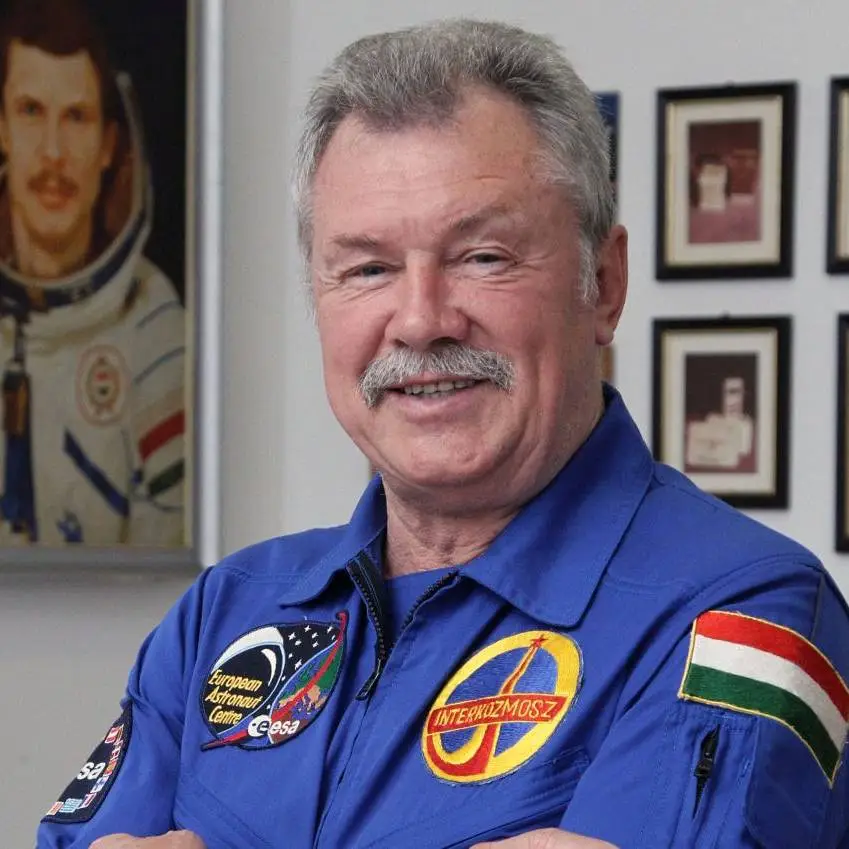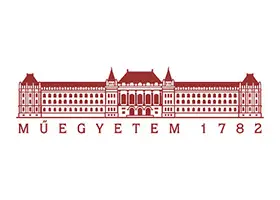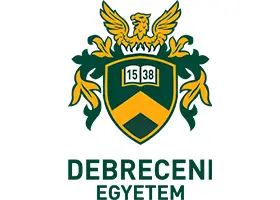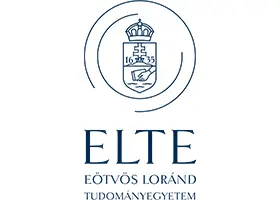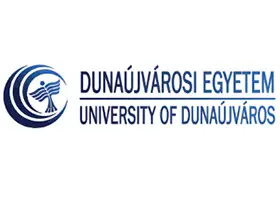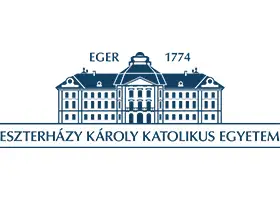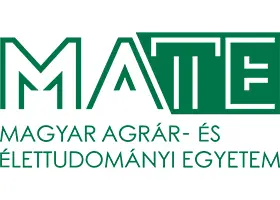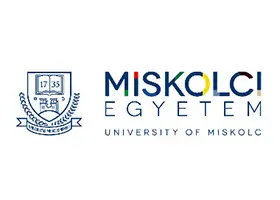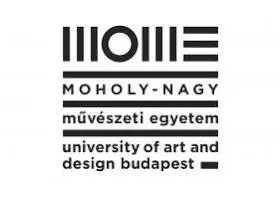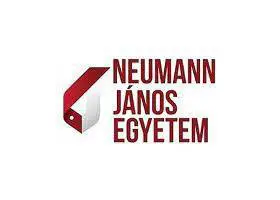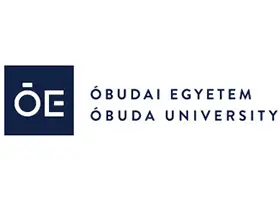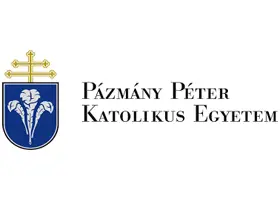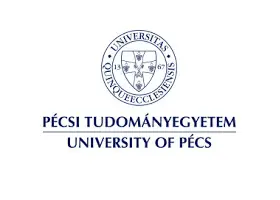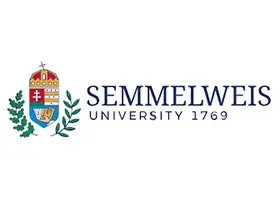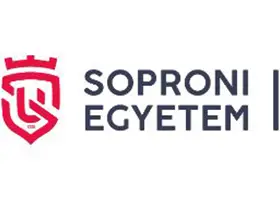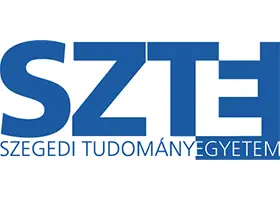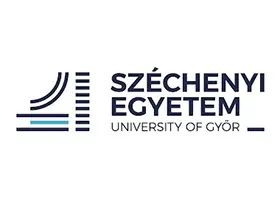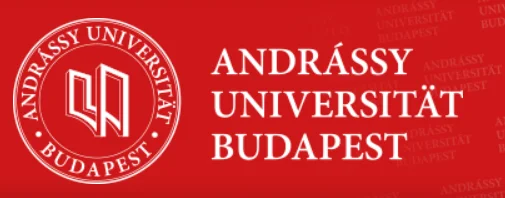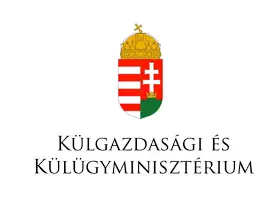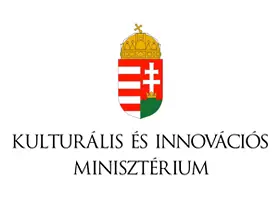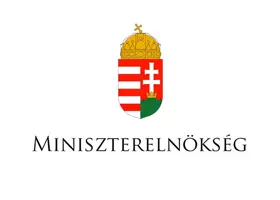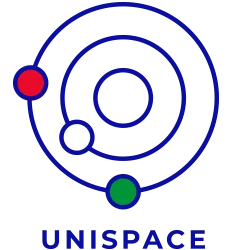
Space science at advanced level
The UniSpace Hungary Consortium is launching a three-semester interdisciplinary advanced training programme in 4 disciplines of space science in cooperation with 21 Hungarian universities.
Introduction
80-year history of Hungarian space exploration began with the famous lunar radar experiment of physicist Zoltán Bay. Zoltán Bay and his fellow researchers were among the first in the world to measure the distance between the Earth and the Moon using radio waves. We are proud of the fact that some 140 Hungarian instruments have been and are still operating in space today, which is a tribute to the knowledge of Hungarian engineers. By developing this precious knowledge, our country can achieve further significant goals that will improve the quality of life of Hungarian society.
The Ministry of Foreign Affairs and Trade has been responsible for the Hungarian space sector since 2018. Over the past 6 years, a number of strategic advances have been made in this field and Hungary’s investments in space have paid off. The first Hungarian Space Strategy was approved by the Hungarian Government in 2021. In line with the findings and objectives of this strategy document, the creation of an interdisciplinary knowledge platform has become a key element to link the space capabilities of Hungarian universities in a coordinated and harmonised way. To this end, in 2021, the Ministry of Foreign Affairs and Trade, in cooperation with the Ministry of Innovation and Technology, conducted a national survey, which identified 17 Hungarian universities with a competency in space research. These universities jointly identified 4 disciplines, which include engineering, natural sciences, medical and health sciences as well as social sciences. Thanks to the exemplary cooperation between the universities, interdisciplinary advanced training programmes in space sciences have been launched for the academic year 2022/2023. These programmes were developed by the members of the UniSpace Hungary Consortium, which was established on 16 March 2022 and expanded on 11 July 2024 with 4 additional Hungarian universities, and whose professional partners are the Ministry of Foreign Affairs and Trade, the Ministry of Culture and Innovation and the Prime Minister’s Office.
Another unique feature of UniSpace’s innovation in higher education is that the professional staff of the research, education and industry sectors were also involved in the development of Hungary’s Space Strategy at the request of the Department of Space Research and Space Activities of the Ministry of Foreign Affairs and Foreign Trade. Ultimately, it is as a result of this extensive and effective cooperation over several years that the Hungarian higher education innovation in the UniSpace Hungary Consortium has come to be. The Space Technology Specialist Training is coordinated by the Budapest University of Technology and Economics, the Space Science Specialist Training by Eötvös Loránd University, the Innovative Nutrition and Space Health Science Specialist Training by the University of Debrecen and the Space Policy Advisor Training by the consortium leader National University of Public Service.
The successes of the Hungarian space sector in recent years – during the pandemic period – include the successful operation of the new Hungarian nano-satellites after their launch into orbit, the successful space chemistry drug experiment on the International Space Station, the successful participation in the work of international forums – such as the European Space Programme Agency (EUSPA), which was established in 2022 to implement the European Union’s space programme – and the joint development of the Agenda 2025 document with Hungary, which outlines the future strategic priorities of the European Space Agency (ESA). The new Hungarian to Orbit (HUNOR) mission is an exceptional opportunity to develop the knowledge capital of the Hungarian space sector and to deepen its involvement in scientific research missions in the framework of international programmes, which will benefit not only Hungarian higher education institutions but also the Hungarian space sector in the long run. According to NASA’s announcement, the second Hungarian astronaut will travel with the Axiom Space Ax-4 mission, scheduled for launch in 2025.
The importance of space research has increased in Hungary. This is illustrated by the fact that in recent years Hungary’s payments to the European Space Agency (ESA) have increased sixfold, putting it in the middle of the regional average. Our return on investment has risen from 0.43 to over 0.9, which shows that more and more Hungarian universities, research institutes and other parties are successfully participating in European missions with winning proposals. In addition, the number of research centres, universities and companies (also) active in space research has more than tripled in Hungary in the last 6 years. ESA has signed hundreds of contracts with Hungarian participants in the period 2018-24, and 168 Hungarian entities have been entered in the ESA register in 2024, compared to 24 Hungarian space-related entities in 2015. The innovative UniSpace Hungary Consortium, based on a nationwide collaboration, plays a key role in the emerging Hungarian space ecosystem. This national initiative will provide substantial support to the supply of professionals and R&D activities for one of today’s most innovative areas, the space sector.
Orsolya Dr. Ferencz
ministerial commissioner for space research
Ministry of Foreign Affairs and Trade
Bianka Dr. Horváth
UniSpace programme director
Ludovika University of Public Service
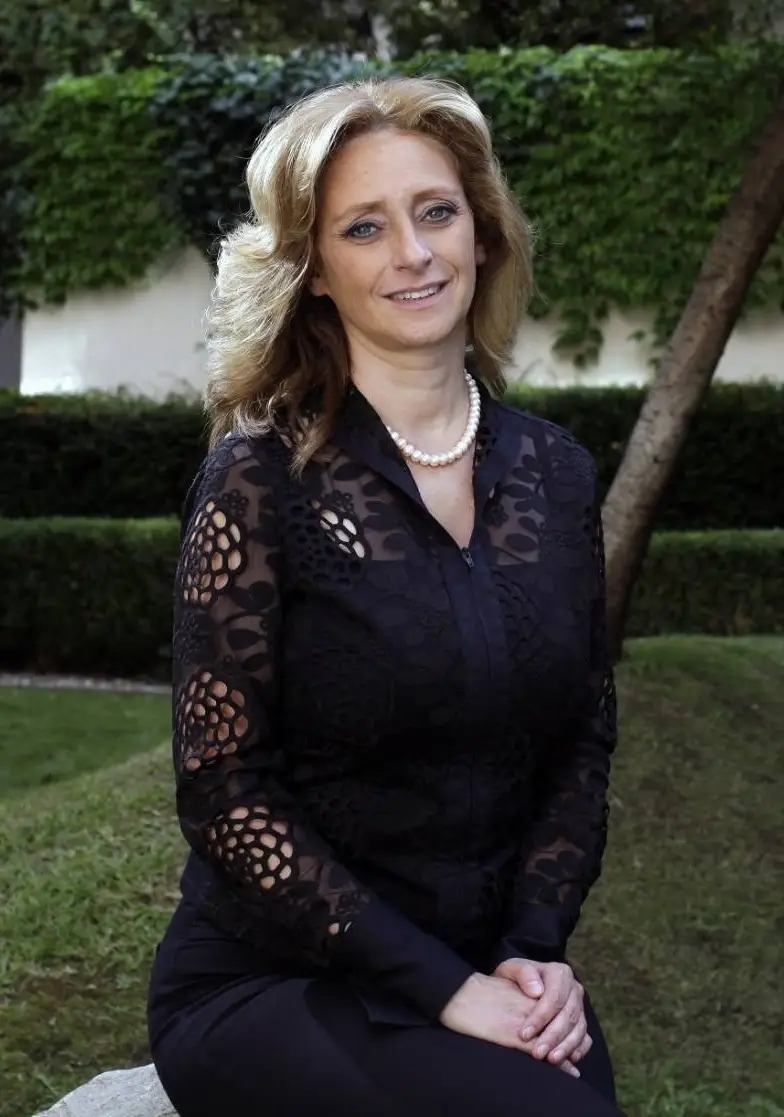
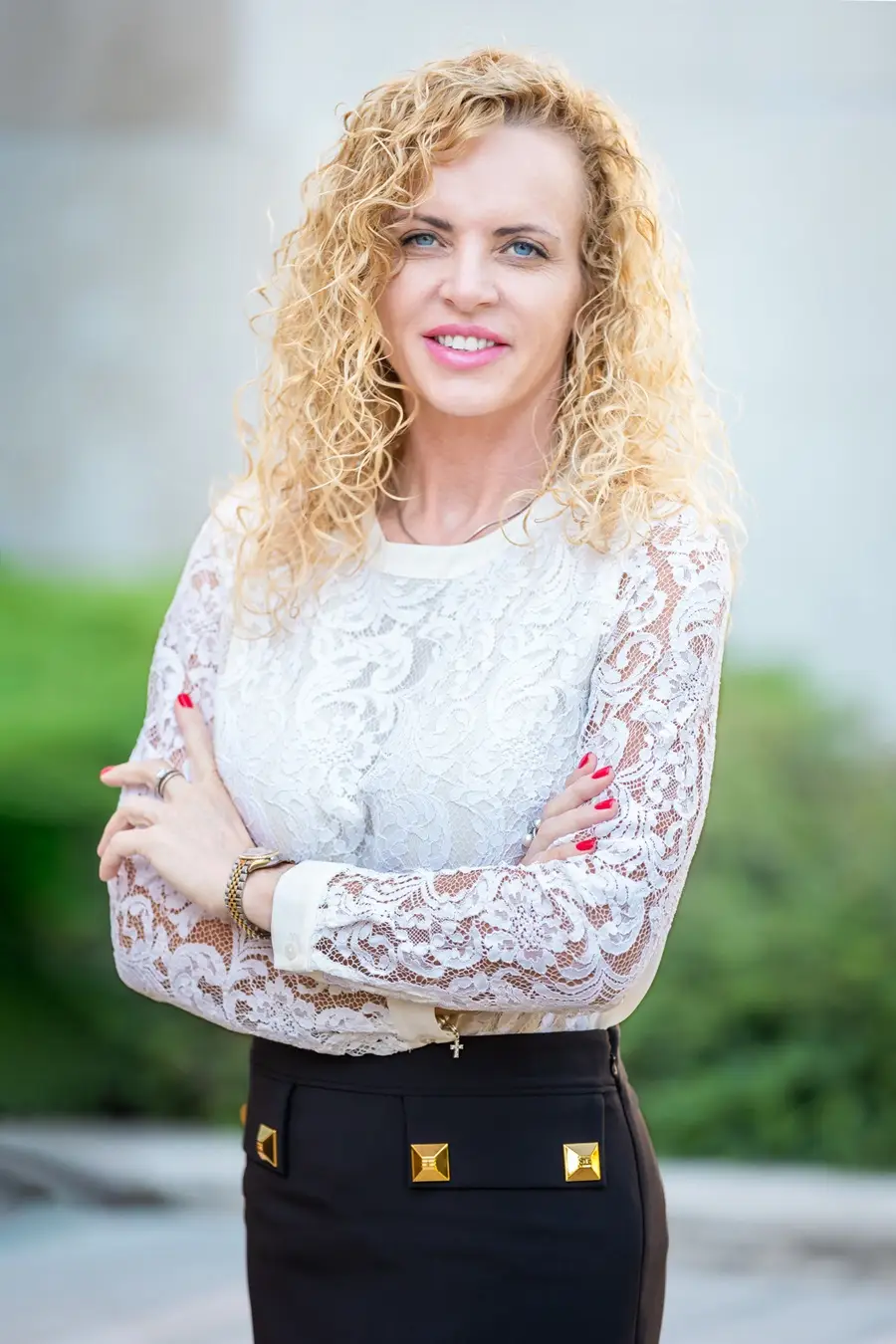
IT IS FOR YOU, IF…
you want to gain unique knowledge in your field
as an engineer, doctor, economist or physicist with a degree in space science to succeed in one of today’s most innovative industries.
...you’re interested in space industry operations and would like to get involved in space diplomacy
you have a degree in social sciences and would like to develop your knowledge in space industry, space economy and space law
...you're attracted to space technology and the operation, design and manufacture of space assets
you have a degree in engineering and would like to develop your knowledge in the field of space technology, space equipment operation, design and manufacturing
...you’d learn about the role of artificial intelligence in space activities
you have a degree in science and would like to learn more about astrophysics, space chemistry and the role of artificial intelligence in space activities
...you care about how to stay healthy in space and are interested in space agriculture
you have a degree in medicine, health or agricultural sciences and would like to expand your knowledge in innovative nutritional science and space medicine
...you’re interested in the legal, security and defense policy challenges of the space sector
you have a law degree and would like to develop your knowledge in the field of space policy or international relations
...you want to explore the link between space exploration and climate change
you have a degree in technical informatics and would like to develop your knowledge in the field of earth observation
EDUCATIONAL TRAINING PROGRAMMES
BME Space Technology Specialist Advanced Training
The course is aimed at graduates who already have basic university-level engineering knowledge and competences, and wish to acquire deeper knowledge and skills in the field of space technology. The profile and topics of the training courses have been developed in consultation between the consortium members; the training programme will include, in a defined proportion, subjects from other consortium partner(s).
The aim of the BME Space Technology Specialist Training is to familiarise students with the fundamentals and applications of space technology, and the operation, design and manufacture of space assets. During the two semesters, based on a common module, students will learn about space technology, earth observation, rocketry, space robots and manipulators, the basics of space communications and the application of design thinking in space exploration. The training will be delivered by lecturers from eleven universities.
Supervisor: Dr. László Bacsárdi
DE Innovative Nutrition and Health Sciences Specialist Advanced Training
This course is aimed at graduates with a Master’s degree in agriculture, medicine and health or natural sciences (previously at university level) and at least two years’ professional experience in their field. The profiles and themes of the courses have been developed in consultation between the consortium members; the training programme includes, in a defined proportion, the inclusion of subjects from other consortium partner(s).
The DE Innovative Nutrition and Health Sciences Specialist Advanced Training aims to train specialists in the life sciences, including nutrition and health, who are able to take a multidisciplinary approach to address such issues related to long-duration human space travel and exoplanetary habitats. Students will learn about space pharmaceutics, space medicine, space medicine, space medicine, space nutrition and environmental psychology of extreme and unusual spaces. The training will be delivered by lecturers from nine universities.
Supervisor: Dr. László Csernoch
ELTE Space Science Specialist Advanced Training
The course is aimed at graduates who already have basic university-level knowledge and competences in physics and mathematics and who wish to acquire deeper knowledge and skills in the field of space science. The profile and topics of the training courses have been developed in consultation between the consortium members; the training programme will include, in a defined proportion, subjects from other consortium partner(s).
The aim of the ELTE Space Science Specialist Advanced Training is to familiarise students with the fundamentals and applications of space science. During the two semesters, based on a common module, students will study astrophysics, space physics, space chemistry, the basics of remote sensing and space weather, relevant space safety issues and the application of artificial intelligence in space science. The training will be delivered by lecturers from seven universities.
Supervisor: Dr. János Lichtenberger
NKE Space Policy Advisor Specialist Advanced Training
The training is intended for graduates in social sciences who already have basic university-level knowledge and competences in economics and law, and who would like to develop their skills in the field of space policy, space economy and space diplomacy. The profiles and themes of the training courses have been developed in consultation between the consortium members. The training programme will also include, in a defined proportion, subjects from other consortium partner(s).
The aim of NKE’s Space Policy Advisor Specialist Advanced Training is to familiarise students with the legal, political and economic aspects of the human use of space. During the two semesters, based on a common module, students can study international and space law, space economics, international business communication, space sector financing, innovation and tender management, relevant security and defense policy issues, the interrelations between the space sector and economic development, sustainability and climate change. The training will be delivered by lecturers from ten universities.
Dr. Bartóki-Gönczy Balázs
The UniSpace Hungary Consortium
members
Consortium leader:
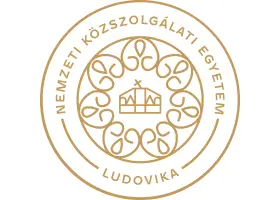
Sub-program leaders:
Members:
Professional partners:
Other partners:
WRITE TO US!
If you are interested in the UniSpace Programme and have any questions, contact us!

